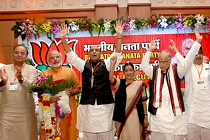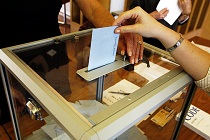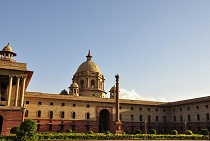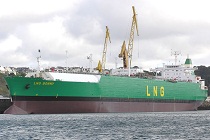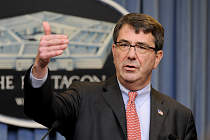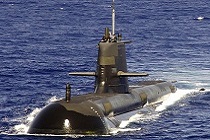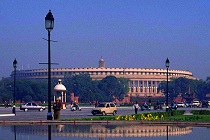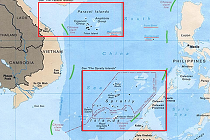The missing women of Parliament
Fewer than 10% of the candidates in the ongoing elections in India are women. A law to reserve seats for women in Parliament, which will increase this number, is in abeyance. Our next government can take lessons from Latin America, where 16 countries have successfully implemented reservations and other enabling measures

